Zeatin: A Powerful Plant Growth Hormone
Zeatin is a potent cytokinin derived from adenine, known for its role in promoting plant growth. It stimulates the development of lateral buds, encourages cell division, and aids in callus initiation and seed germination. This phytohormone is often used in combination with media like Murashige & Skoog to enhance the generation of multiple shoots from internodes, resulting in bushier plants and high-frequency root growth.
Zeatin is also notable for its stability issues in cell culture, which is why it is often replaced by structurally related kinetin. Other active phytohormones used in plant cell culture include thidiazuron (TDZ) and 6-Benzylaminopurine (6-BAP). Additionally, antibiotics like rifampicin, carbenicillin, or kanamycin sulfate may be used in plant cell culture.
Zeatin has been found to have anti-aging effects on human skin fibroblasts, making it a versatile compound with applications beyond plant biology.
Specifications:
- Assay: >98%.
- Appearance: White to off-white powder.
- Solubility: Clear, colorless to pale yellow solution in 5% acetic acid.
- Loss on drying: <0.5%.
- Molecular formula: C10H13N5O.
- Molecular weight: 219.24 g/mol.
Storage and Safety:
- Storage temperature: -20°C.
- CAS number: 1637-39-4.
Zeatin is a crucial component in plant tissue culture, offering a range of benefits for promoting plant growth and development. Its unique properties make it an essential tool for researchers and growers alike.


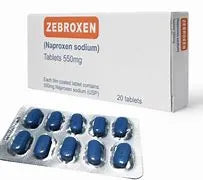
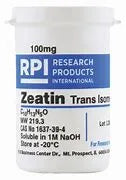
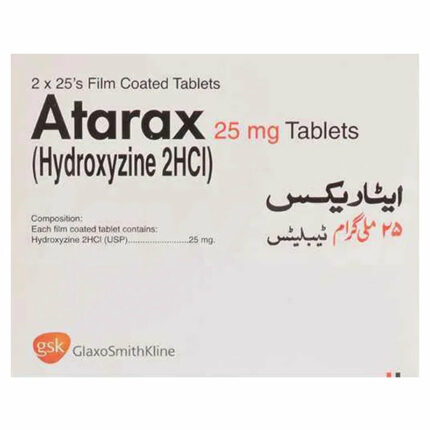
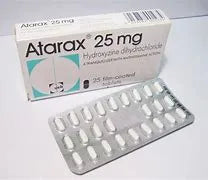
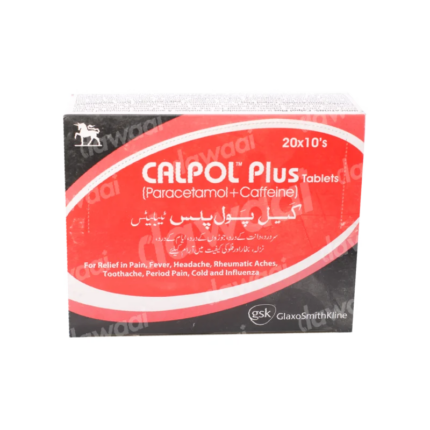

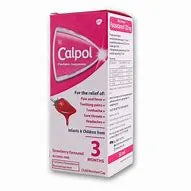

Reviews
There are no reviews yet.